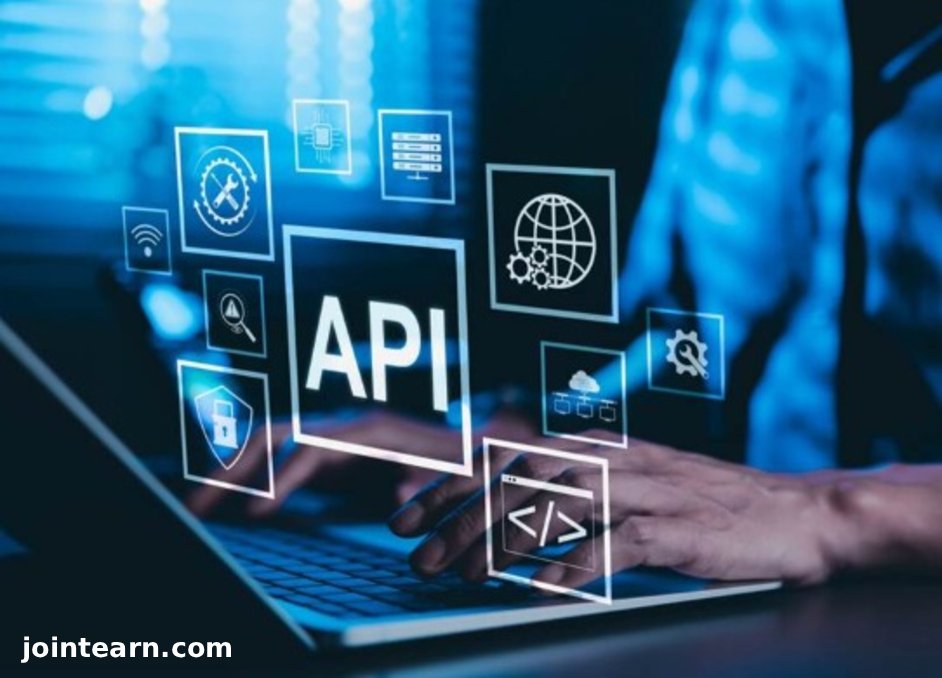
In today’s hyper-connected logistics and supply chain ecosystem, businesses cannot afford to operate in isolation. From fleet management and last-mile deliveries to real-time shipment tracking, Delivery Software API integrations have become the backbone of efficient logistics operations. These APIs help streamline workflows, break down data silos, and enhance customer experiences while giving businesses full control over their delivery processes.
This article explores what a Delivery Software API is, how it works, and why platforms like Cigo Tracker are transforming modern delivery operations.
What is a Delivery Software API?
A Delivery Software API (Application Programming Interface) acts as a bridge, enabling different software systems to communicate and share data seamlessly. It connects delivery management software with tools such as CRM systems, e-commerce platforms, ERP solutions, and customer support systems.
This integration ensures that every part of the delivery process—from order placement to final confirmation—operates smoothly. For example, when a customer places an online order, the API automatically informs the logistics system, generates delivery routes, dispatches drivers, and updates the customer in real time.
Key Roles of Delivery Software API in Modern Logistics
- Automation Across Systems – APIs handle repetitive tasks like scheduling, route updates, and proof of delivery without manual intervention.
- Centralized Data Management – Delivery data is unified in one system, providing managers with accurate, real-time insights.
- Faster Communication – APIs ensure instant data exchange between delivery platforms and customer-facing systems, boosting transparency and trust.
- Improved Decision-Making – Unified data helps identify bottlenecks and optimize performance.
Benefits of Using Delivery Software APIs
- Streamlined Operations: Automatic data flow reduces manual entry, accelerates delivery, and minimizes errors.
- Enhanced Customer Experience: Real-time updates keep customers informed at every stage.
- Real-Time Tracking and Analytics: Continuous tracking and actionable insights improve service quality.
- Seamless Platform Integration: APIs connect effortlessly with Shopify, WooCommerce, Magento, ERP systems, and more.
- Cost Efficiency: Automation, optimized routes, and fewer errors reduce operational costs.
Top Use Cases
- E-commerce Integration: Orders automatically trigger delivery assignments and status updates.
- Fleet Management Systems: APIs synchronize vehicle locations, driver behavior, and maintenance data.
- Customer Notifications: SMS or email updates keep customers informed about their deliveries.
- Accounting and Billing: Delivery charges and invoices are automatically synced with financial systems.
- Warehouse and Inventory Synchronization: API integrations prevent stock discrepancies and improve fulfillment accuracy.
How Cigo Tracker Enhances Delivery Operations
Cigo Tracker provides advanced Delivery Software API capabilities, enabling businesses to connect existing systems effortlessly:
- Real-Time Data Sync: Orders, routes, and dispatch updates are synchronized across all systems.
- Custom Integration: Works seamlessly with third-party CRM, POS, or ERP solutions.
- Live Tracking and Communication: Instant updates between dispatchers, drivers, and customers.
- Performance Analytics: Insights into delivery times, driver efficiency, and customer satisfaction.
- Scalable Architecture: Supports business growth without disruption.
By leveraging Cigo Tracker, businesses can achieve a unified, data-driven logistics ecosystem that is responsive, efficient, and scalable.
The Future of Delivery Software API
As logistics continues to digitize, AI-powered APIs will predict delays, optimize routes, and automate customer interactions. APIs will also facilitate interoperability between manufacturers, retailers, and delivery partners, creating a transparent, collaborative, and highly efficient supply chain network.
Conclusion
In an industry where speed, accuracy, and communication define success, a Delivery Software API is essential. It unites all delivery operations, enabling real-time data exchange, automation, and enhanced customer satisfaction.
Platforms like Cigo Tracker allow businesses—small or large—to integrate APIs seamlessly, ensuring smoother workflows, greater transparency, and optimized performance. API-powered delivery management is the key to agile, scalable, and future-ready logistics.


Leave a Reply